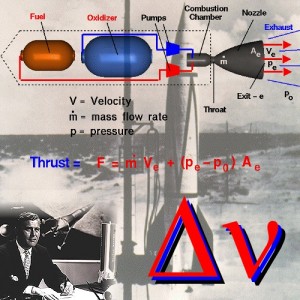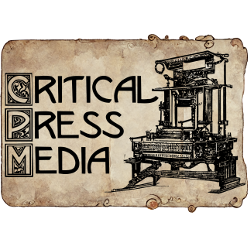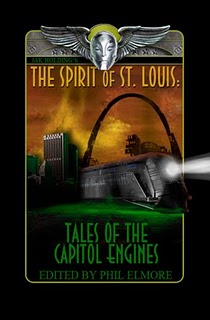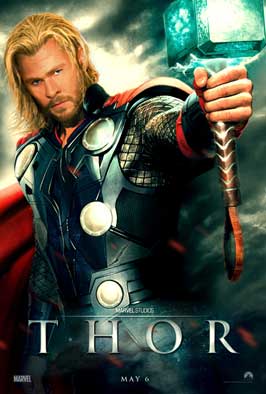 Delta-vee presents classic Old Time Radio productions and modern audio dramas, today’s episode: “August Heat”. William Fryer Harvey wrote mysteries and horror stories in turn of the century England. He came from a strongly religious Quaker background and received a formal secondary education that earned him a medical degree. Harvey’s family wealth and personal ill health caused him concentrate on his writing instead of pursuing a medical career. “August Heat” treats themes of personal choice and predestination, as well as lightly touching on the subject of human nature. Harvey’s religious background would have placed an emphasis on these aspects of his education. Protestant doctrine treats the predestination of humanity as a cornerstone tenet of salvation, while also emphasizing the element of personal choice as integral to the fulfillment of that destiny. This seeming contradiction has been the subject of centuries of theological dissertation and debate, and promises to fuel generations more. A second theme at the heart of this story is the nature of humanity, and the potential within each of us for great, unwitting, spontaneous evil. Harvey treats his themes with a deft hand, raising each question in turn, and involving the reader inevitably in the answer. “August Heat” first appeared in Harvey’s short story collection “Midnight House” in 1910. This episode of Suspense first aired on May 31, 1945. And now, our feature presentation ….
Delta-vee presents classic Old Time Radio productions and modern audio dramas, today’s episode: “August Heat”. William Fryer Harvey wrote mysteries and horror stories in turn of the century England. He came from a strongly religious Quaker background and received a formal secondary education that earned him a medical degree. Harvey’s family wealth and personal ill health caused him concentrate on his writing instead of pursuing a medical career. “August Heat” treats themes of personal choice and predestination, as well as lightly touching on the subject of human nature. Harvey’s religious background would have placed an emphasis on these aspects of his education. Protestant doctrine treats the predestination of humanity as a cornerstone tenet of salvation, while also emphasizing the element of personal choice as integral to the fulfillment of that destiny. This seeming contradiction has been the subject of centuries of theological dissertation and debate, and promises to fuel generations more. A second theme at the heart of this story is the nature of humanity, and the potential within each of us for great, unwitting, spontaneous evil. Harvey treats his themes with a deft hand, raising each question in turn, and involving the reader inevitably in the answer. “August Heat” first appeared in Harvey’s short story collection “Midnight House” in 1910. This episode of Suspense first aired on May 31, 1945. And now, our feature presentation ….
Podcast: Play in new window | Download



